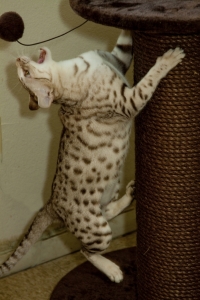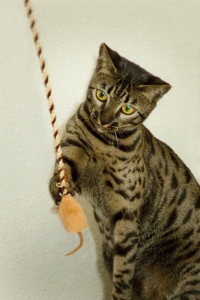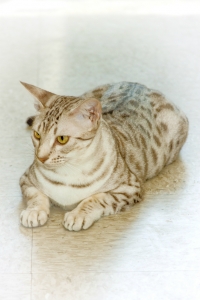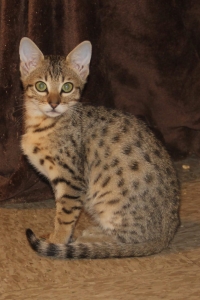
While the world grapples with the ongoing COVID-19 pandemic, another coronavirus, Feline Infectious Peritonitis (FIP), quietly impacts our feline companions. Although not directly transmissible to humans, FIP remains a serious and often fatal disease for cats, causing immense worry and heartbreak for cat owners.
Our Experience with Feline Covid
Jerry please explain briefly here. Basically, trying to show why your input is valuable. Explain briefly here. Basically, trying to show why your input is valuable. Explain briefly here. Basically, trying to show why your input is valuable. Explain briefly here. Basically, trying to show why your input is valuable. Explain briefly here. Basically, trying to show why your input is valuable. Explain briefly here. Basically, trying to show why your input is valuable.

So What Exactly Is FIP?
FIP is caused by a specific mutation of the feline coronavirus (FCoV), a common virus found in most cats without causing significant illness. However, in about 10% of cases, the virus mutates into a highly aggressive form known as Feline Coronavirus Infectious Peritonitis Virus (FIPV). This mutated virus attacks various organs and tissues, leading to a range of symptoms and ultimately, death.
What Are The Symptoms of FIP in House Cats:
Unfortunately, FIP presents with a wide range of non-specific symptoms that can mimic other feline illnesses. These include:
- Loss of appetite and weight loss
- Lethargy and weakness
- Fever
- Difficulty breathing
- Abdominal pain
- Diarrhea
- Neurological signs (seizures, wobbly gait)
Diagnosing FIP:
Diagnosing FIP can be challenging due to the lack of a single definitive test. Veterinarians often rely on a combination of clinical signs, physical examination, blood tests, imaging tests, and sometimes fluid analysis to reach a diagnosis.
Treatment Options:
Until recently, FIP was considered untreatable. Thankfully, there are now several promising antiviral medications showing significant efficacy in treating FIP with varying success rates. However, these medications can be expensive and require close veterinary monitoring.
Prevention Tips:
While there’s no guaranteed way to prevent FIP, here are some steps you can take to minimize your cat’s risk:
- Maintain a clean and stress-free environment
- Provide a healthy diet and regular veterinary care
- Avoid overcrowding cats in multi-cat households
- Consider vaccinations for FCoV (although their effectiveness is debated)
Living with FIP:
If your cat is diagnosed with FIP, it’s important to seek immediate veterinary care. While there’s no cure, supportive care and antiviral therapy can improve your cat’s quality of life and extend their lifespan.
Remember This About Covid in Cats:
FIP remains a complex and challenging disease. If you have any concerns about your cat’s health or suspect FIP, consult your veterinarian immediately. They can guide you through diagnostic testing, treatment options, and provide the support you need during this difficult time.
Here Are Some Additional Recommended Resources For Cat COVID:
- American College of Veterinary Internal Medicine: https://veterinarypartner.vin.com/default.aspx?pid=19239&id=4951549
- World Small Animal Veterinary Association: https://wsava.org/wp-content/uploads/2021/05/COVID-19-An-Update-for-WSAVA-Members-April-29th-2021.pdf
- Cornell Feline Health Center: https://www.vet.cornell.edu/departments-centers-and-institutes/cornell-feline-health-center
By understanding FIP and taking proactive measures, you can help keep your feline friend healthy and happy. Remember, early detection and treatment are key to giving your cat the best chance at fighting this challenging disease.












